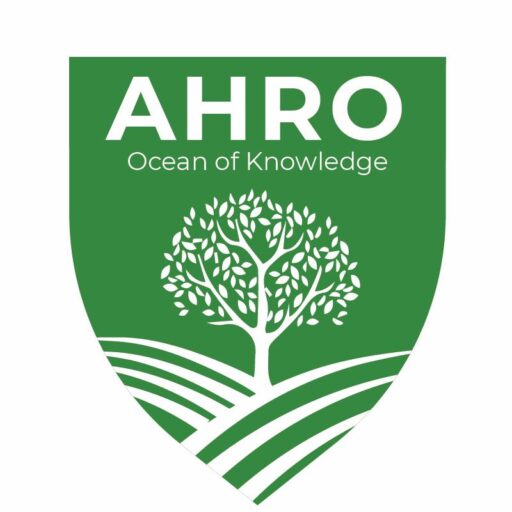PUBLIC HEALTH COURSES

1. INTRODUCTION
This module is designed to provide you with an overview of public health and population health. This will include a brief overview of the history of public health and the theoretical frameworks that inform public health and health promotion. In addition, this course will equip you with the current evidence-based practice in public health and population health.
This 20-credit course has five units to be delivered within the time limit of 3 months (204 hours) which include theory-based courses (108 hours) including self-directed learning (96 hours).
2. DISTRIBUTION OF HOURS
Total course duration – 3 months = 12 weeks
Theory – 3 hours per week for 3 days = 9 hours x 12 weeks = 108 hours
Self-Directed Learning (SDL) – 8 hours per week for 12 weeks = 96 hours
Total = 108 + 96 = 204 hours
3. OUTCOMES
After taking part in this course, the learners should be able to:
By the end of this course, learners should be able to:
– Critically analyse the main theoretical frameworks informing public health and health promotion practice.
– Categorise lay and professional contributions to public health and health promotion within the context of collaborative working.
– Examine the ethical and political dilemmas surrounding public health and health promotion practice.
– Compare and contrast strategies to evaluate the impact of public health policy.
– Analyse the skills integral to public health and health promotion practice.
– Evaluate the contributions of concepts and determinants of health to models and approaches to public health and health promotion.
– Critically analyse evidence-based practices in public health and health promotion.
4. MODULE CONTENT
Content
Unit 1: Overview of public health and health promotion
Unit 2: Overview of sociological approaches to health and well-being
Unit 3: Health promotion models, framework and approaches in health policy.
Unit 4: Evidence-based practices in health inequalities, empowerment, community capacity building, asset mapping, and the promotion of health.
Unit 5: Evidence-based practice and evaluation in health promotion
TEP CYCLE TO INFECTION PREVENTION AND CONTRO THE FIVE-STEP CYCLE TO
5. TARGET
To be admitted in this program, a candidate must have a minimum of first degree, Advanced Diploma and ordinary Diploma in any medical or health-related disciplines.
6. TEACHING- LEARNING METHODS
Interactive lectures conducted online (virtual learning environment) and on-site, problem-solving, and case-based approaches to learning. Course materials include lecture notes, PowerPoint presentation slides, and other relevant materials applicable to the course/ module.
7. EVALUATION
The course will be assessed using the table below:
ASSESSMENT WEIGHTAGE
Formative Assessment 30%
Summative Assessment 60%
Attendance 10%
Total 100%
8. AWARDS
Upon completion of the course, successful learners will be awarded with a Continuing Professional Development (CPD) certificate, provided they have passed their formative assessment at 50% and summative assessments at 50%, with 90% attendance in all the course activities.


